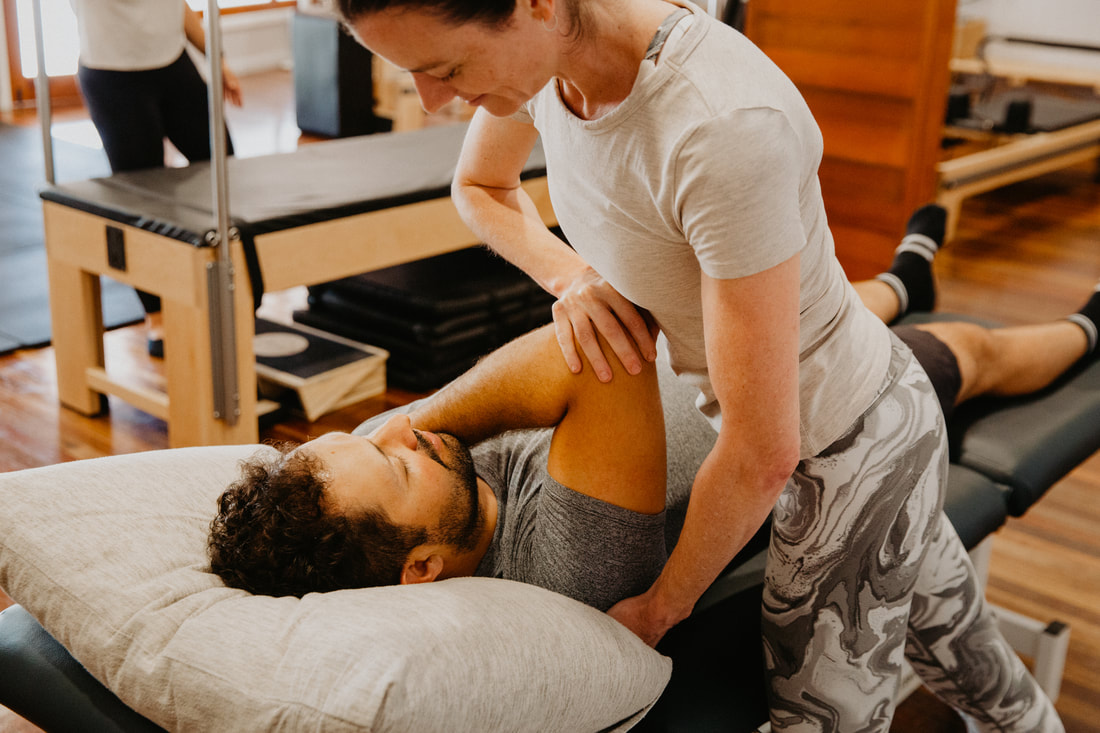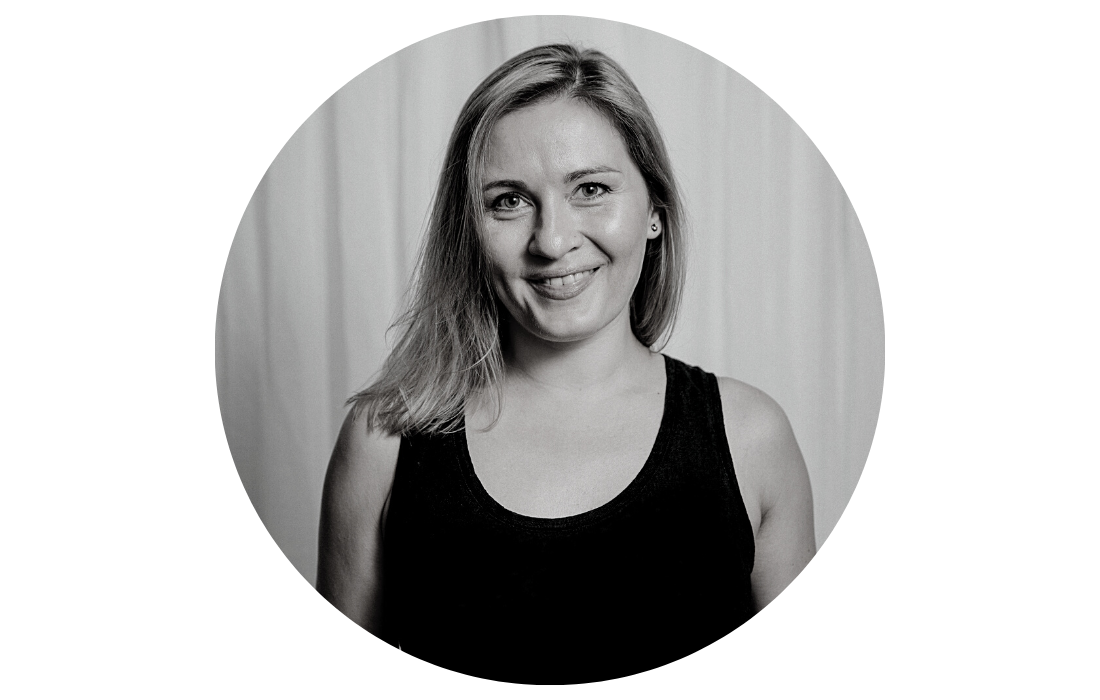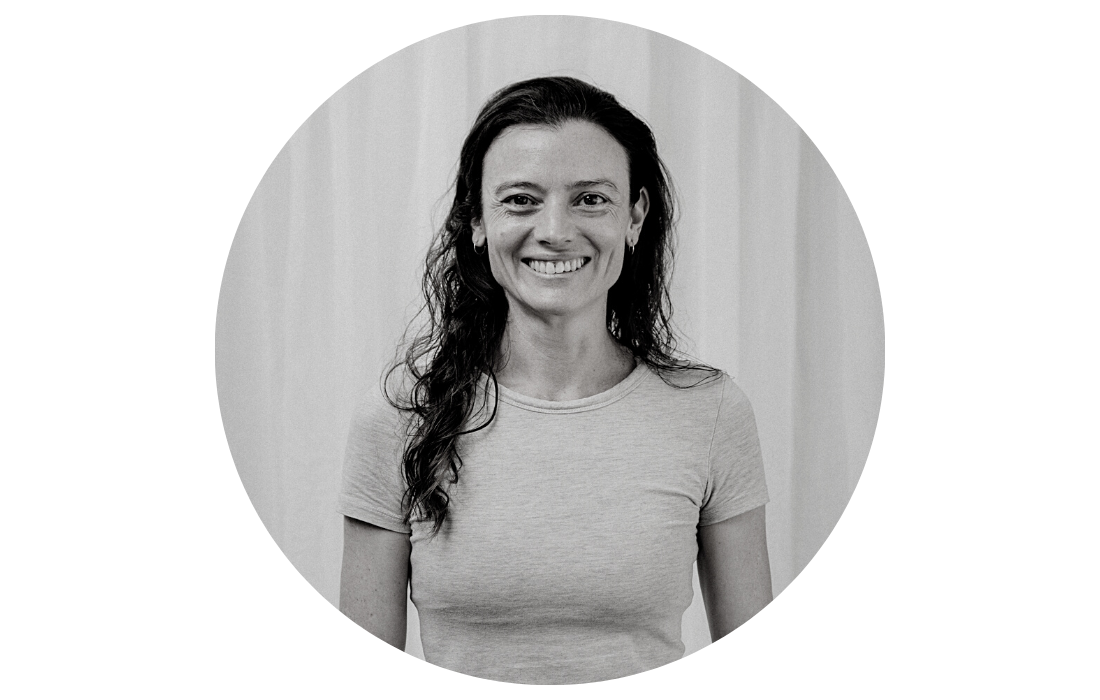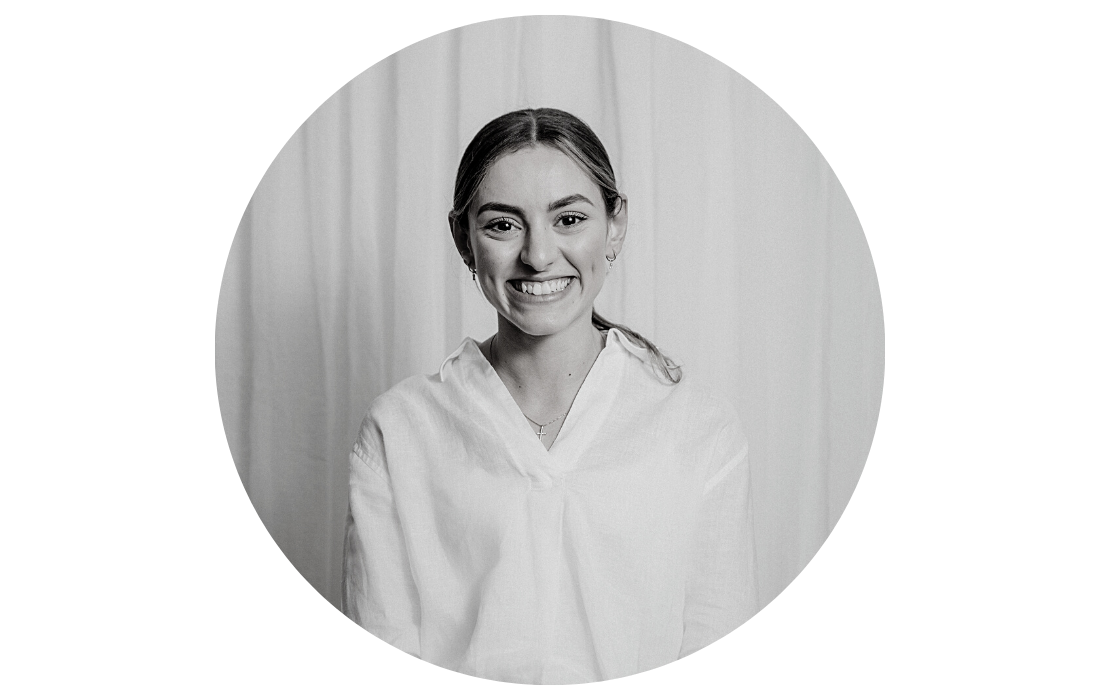SLAP tear physiotherapy Brisbane southside.
What are SLAP Tears?
SLAP tears, or Superior Labrum Anterior to Posterior tears, are injuries to the labrum, which is a ring of cartilage that surrounds the shoulder joint socket. These tears occur at the point where the long head of the biceps tendon attaches to the labrum. SLAP tears are commonly associated with repetitive overhead activities, shoulder dislocations, or trauma.
How are SLAP Tears Diagnosed?
To accurately diagnose SLAP tears, a comprehensive evaluation by a qualified healthcare professional, such as a physiotherapist or orthopedic specialist, is crucial. The diagnostic process may include:
How Can Physiotherapy Help SLAP Tears?
Physiotherapy plays a crucial role in the conservative management of SLAP tears. A physiotherapist will design an individualised treatment plan based on the patient's specific needs and goals. The primary objectives of physiotherapy for SLAP tears are as follows:
How Can Clinical Pilates Help with SLAP Tear Rehabilitation?
Clinical Pilates, when incorporated into a comprehensive physiotherapy program, can provide significant benefits for SLAP tear rehabilitation. Key advantages include:
What is the Prognosis for SLAP Tears?
The prognosis for SLAP tears varies depending on the severity of the tear, individual factors, and the chosen treatment approach. While some SLAP tears may require surgical intervention, many can be successfully managed with conservative measures, including physiotherapy.
With appropriate treatment and rehabilitation, most individuals with SLAP tears can achieve significant improvements in pain relief, range of motion, strength, and functional abilities. It is important to note that the recovery process for SLAP tears can be gradual, and adherence to the prescribed treatment plan and exercises is essential for optimal outcomes.
Additional Heading: Preventing SLAP Tears Preventing SLAP tears is crucial, especially for individuals involved in activities that place repetitive stress on the shoulder joint. Some preventative measures that can reduce the risk of SLAP tears include:
If you or a loved one has questions about SLAP tears and how our physiotherapists might be able to help please call us on 07 3706 3407 or email [email protected]. We would love to work with you!
SLAP tears, or Superior Labrum Anterior to Posterior tears, are injuries to the labrum, which is a ring of cartilage that surrounds the shoulder joint socket. These tears occur at the point where the long head of the biceps tendon attaches to the labrum. SLAP tears are commonly associated with repetitive overhead activities, shoulder dislocations, or trauma.
How are SLAP Tears Diagnosed?
To accurately diagnose SLAP tears, a comprehensive evaluation by a qualified healthcare professional, such as a physiotherapist or orthopedic specialist, is crucial. The diagnostic process may include:
- Medical History: The healthcare provider will ask about the patient's symptoms, medical history, and any specific incidents or activities that may have caused the injury.
- Physical Examination: The physiotherapist will assess the range of motion, strength, stability, and any pain or tenderness in the shoulder joint.
- Special Tests: Several specific tests, such as the O'Brien's test, Speed's test, and Biceps Load Test, can help identify SLAP tears and differentiate them from other shoulder injuries.
- Imaging Studies: Depending on the severity and suspected extent of the tear, diagnostic imaging tests like MRI (Magnetic Resonance Imaging) or arthroscopy may be recommended to confirm the diagnosis and evaluate the specific details of the tear.
How Can Physiotherapy Help SLAP Tears?
Physiotherapy plays a crucial role in the conservative management of SLAP tears. A physiotherapist will design an individualised treatment plan based on the patient's specific needs and goals. The primary objectives of physiotherapy for SLAP tears are as follows:
- Pain Management: Initially, physiotherapy may focus on reducing pain and inflammation through techniques such as ice or heat therapy, electrical modalities (e.g., ultrasound or TENS), and manual therapy techniques like soft tissue mobilization or joint mobilisation.
- Range of Motion and Strength Restoration: Physiotherapists will prescribe exercises to restore normal range of motion and strength in the shoulder joint. This may involve stretching, range of motion exercises, and progressive resistance training targeting the rotator cuff muscles and surrounding shoulder girdle muscles.
- Proprioception and Neuromuscular Control: Specific exercises to improve proprioception (awareness of joint position) and neuromuscular control are essential in the rehabilitation process. These exercises can help enhance shoulder stability and reduce the risk of re-injury.
- Functional Rehabilitation: As the patient progresses, physiotherapy will focus on functional rehabilitation, including activities that mimic the demands of their daily or sport-specific activities. This stage may involve sport-specific training, dynamic stability exercises, and proprioceptive training.
How Can Clinical Pilates Help with SLAP Tear Rehabilitation?
Clinical Pilates, when incorporated into a comprehensive physiotherapy program, can provide significant benefits for SLAP tear rehabilitation. Key advantages include:
- Core Stability and Postural Control: Clinical Pilates exercises emphasise core stability, which helps improve posture and shoulder girdle alignment. This, in turn, can reduce stress on the shoulder joint and promote optimal movement patterns during daily activities.
- Strengthening and Control: Clinical Pilates exercises target the deep stabilising muscles of the shoulder, including the rotator cuff, scapular stabilisers, and surrounding muscles. This can aid in strengthening these muscles, enhancing control and stability, and reducing the risk of further injury.
- Movement Patterns and Coordination: Clinical Pilates focuses on integrated movement patterns, facilitating efficient movement and coordination throughout the entire body. This can be particularly beneficial for individuals with SLAP tears who may have altered movement patterns due to pain or muscle imbalances.
- Rehabilitation Progression: Clinical Pilates offers a progressive and adaptable approach to rehabilitation, allowing for tailored exercises based on the individual's condition, goals, and stage of recovery. The exercises can be modified to accommodate varying levels of difficulty and challenge the patient appropriately.
What is the Prognosis for SLAP Tears?
The prognosis for SLAP tears varies depending on the severity of the tear, individual factors, and the chosen treatment approach. While some SLAP tears may require surgical intervention, many can be successfully managed with conservative measures, including physiotherapy.
With appropriate treatment and rehabilitation, most individuals with SLAP tears can achieve significant improvements in pain relief, range of motion, strength, and functional abilities. It is important to note that the recovery process for SLAP tears can be gradual, and adherence to the prescribed treatment plan and exercises is essential for optimal outcomes.
Additional Heading: Preventing SLAP Tears Preventing SLAP tears is crucial, especially for individuals involved in activities that place repetitive stress on the shoulder joint. Some preventative measures that can reduce the risk of SLAP tears include:
- Proper Technique and Body Mechanics: Learning and practicing proper techniques for activities involving the shoulder, such as throwing, lifting, or overhead sports, can minimise excessive stress on the joint and surrounding structures.
- Gradual Progression and Conditioning: Gradually increasing the intensity, duration, and frequency of activities, while allowing for adequate rest and recovery, can help condition the shoulder and surrounding muscles.
- Shoulder Strengthening Exercises: Regularly incorporating shoulder strengthening exercises, focusing on the rotator cuff and scapular stabilisers, can enhance shoulder stability and reduce the risk of injury.
- Warm-up and Cool-down: Prior to engaging in physical activities, performing a thorough warm-up that includes dynamic stretches and gentle movements can prepare the shoulder joint for the demands of the activity. Similarly, incorporating a cool-down routine can aid in reducing post-activity muscle soreness and tightness.
If you or a loved one has questions about SLAP tears and how our physiotherapists might be able to help please call us on 07 3706 3407 or email [email protected]. We would love to work with you!
Who to book in with:
Yulia Khasyanova
|
Emma Cameron
|
Monica Hanna
|



